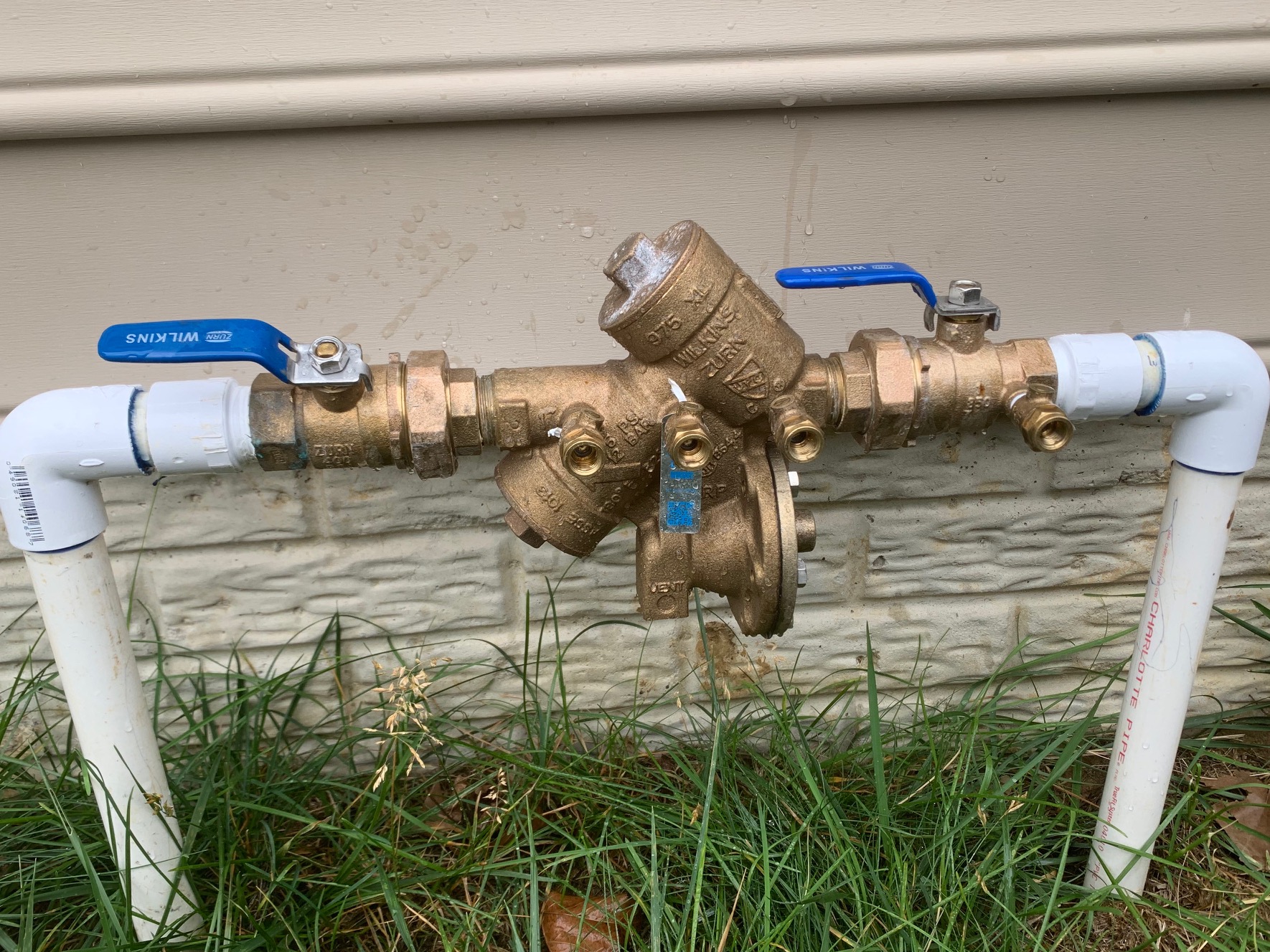Canyon Lake’s water provider today emailed customers reminding them to winterize their homes, cautioning that backflow preventers are often the source of large, undiagnosed leaks during winter.
The coldest air of the season is expected early next week into South-Central Texas, the U.S. National Weather Service Austin-San Antonio said. Temperatures may fall into the 10s and 20s for many, with even colder wind chills possible.
There is a 71 percent chance the New Braunfels area will experience temperatures less than 25 degrees by Tuesday.
“We encourage our customers to visit our website to learn how to prepare their water supply inside and outside during wintery weather,” The Texas Water Company said.
The company can shut off water in the event of an emergency but does not make repairs beyond the meter connection on the customer’s side of the water meter.
Even milder cold fronts than the event of February 2021 can cause outdoor pipes and plumbing to freeze and burst.
To winterize your home, the water company suggests:
Indoors
- Winterizing windows and doors to make sure they are properly sealed and cover any holes with durable caulk or weatherstripping.
- Check for cracks in and around walls and seal them with caulk.
- Inspect the roof, clean gutters and trim trees. Hot air rises so roofs must be properly winterized.
- Take a peek in the attic to ensure that all insulation is in good shape.
- Most house fires happen in winter. Test all smoke detectors to ensure they are working and have good batteries. If your home does not have carbon monoxide filters, consider getting some.
Outdoors
- Sprinkler systems and their pipes can be prone to freezing. Here are tips on winterizing a sprinkler system.
- Place an insulating dome or foam cover on outdoor faucets, spigots and backflow preventers to reduce the likelihood of water pipes freezing and expanding.
- Purchase insulated bags and/or insulated/decorative rocks to protect and conceal above-ground backflow preventers.
- Insulate pipes exposed to the elements or cold drafts with foam insulation. Newspapers, towels or blankets also provide insulation but can freeze if they become wet. Cover them with a plastic bag or tape to keep them as dry as possible.
- Do not use blowtorches, kerosene, propane heaters, charcoal stoves or other open-flame devices to thaw frozen pipes.
- Shut off water if leaving your home for out-of-town trips or if you have vacation homes in the Canyon Lake area. Leave faucets on to drain the pipes when the water is turned off. This will empty the water plumbing, which could freeze and rupture the pipes. However, turn the faucets back to the off position before turning the water to the home back on.




